Garland McCoy: How Your State Can Defend Its Broadband Maps for Maximum Funds
Crowdsourced and bulk data are subject to a challenge process that has successfully eliminated crowdsourced data in the past.
Garland McCoy
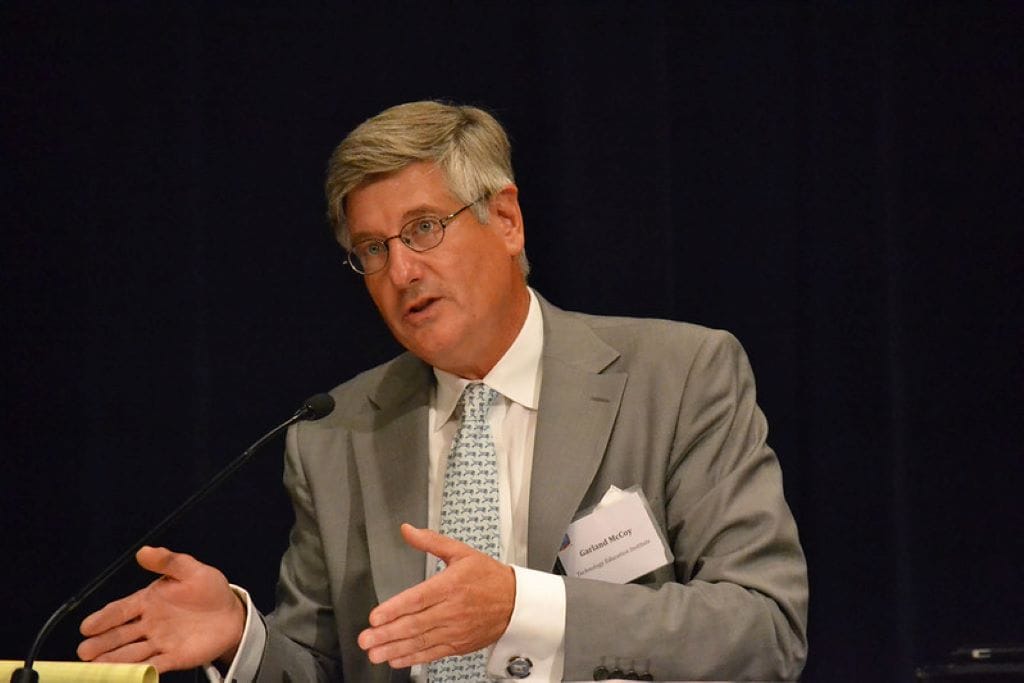
On September 15, 2022, the Federal Communications Commission’s Broadband Data Task Force issued a public notice on “Specifications for Bulk Fixed Availability Challenge and Crowdsource Data.”
The notice provided guidance for filing bulk challenges, and bulk crowdsource data, to fixed broadband availability data that will be published later this year by the FCC as part of its new Broadband Data Collection. According to the notice, “individuals and entities, including consumers, state, local, and Tribal governmental entities, and service providers,” can submit challenges to the BDC fixed broadband availability data for single locations, as well as “bulk” challenges with respect to multiple locations.
Historically, Internet Service Providers have effectively used the FCC’s challenge process to disqualify the vast majority of disputes brought forward by states, counties, and other complainants regarding FCC’s broadband maps. And frankly, this will be the case again unless states take a new tack to validate their own data in such a way that will stand up to ISP challenges. Given the enormity of the federal broadband funds available to states this time around, the stakes could not be higher; that is, a single state could forgo hundreds of millions of dollars of federal broadband funds due to insufficient preparation to challenge-proof its data.
Here are two observations to start: 1) The ISPs are correct in challenging the data if the data is corrupted or incapable of being validated, and therefore should be disqualified. 2) the FCC and the ISPs must now be seen as embracing the new “crowdsourcing” challenge process since the Broadband Data Act of 2020 was very specific in requiring that the FCC’s new data gathering methodology include third-party crowdsourced data. That said, third-party “crowdsourced” and “bulk” data are subject to the same challenge process that has successfully eliminated individual and crowdsourced data in the past.
Three ways ISPs successfully challenge and disqualify third-party data
Alone, or in combination, the following three scenarios have succeeded year after year in ensuring that third-party data, crowdsourced or otherwise, has not made it past the challenge process and onto the FCC’s approved maps.
- Was the speed test launched from a device wirelessly? Modern modems set up a Wireless Area Network around the premises over the one or two Wi-Fi channels allocated. Almost all devices are now connected wirelessly to the modem. A wireless launch of a speed test, e.g., from your laptop or smart phone, therefore affects/corrupts the network speed test and disqualifies the data.
- Was the on-premises modem “still” when the speed test was taken? By “still” the ISP is referring to the modem’s management of data coming from any device remotely or over cable, ethernet connection, during the time of the test. For example, if a family member is working on their laptop, e.g., doing homework, the modem’s management of the data from the laptop will affect a speed test taken during that time. This will disqualify the speed test data.
- Was the crowdsourced and or bulk data drawn exclusively from the ISP’s premium service customers? The FCC stipulates that the speed testing data must be drawn from an ISP’s customers who have purchased the service provider’s best available service package. A customer might not need or be able to afford FCC’s “broadband” minimum service of 25/3 mbps, and thus would purchase a less expensive, slower service package offered by the ISP. For purposes of accurate speed testing, the ISP should not be penalized for offering true broadband-speed service that is passed over by a customer seeking a cheaper service.
PAgCASA, the Precision Ag Connectivity & Accuracy Stakeholder Alliance, is a non-profit organization whose sole purpose is to ensure broadband map accuracy, connectivity, and rural prosperity, and stands ready to help states get their full share of federal broadband funds and successfully defend against challenges.
PAgCASA’s on-premises, cybersecure, network monitoring methodology – which deploys the same network monitoring devices the major ISPs use, on wired/ethernet-connected customer modems, from a volunteer pool of an ISP’s premium service customers selected using standardized random sampling methods – will, in fact, address all the challenge issues above and generate data ready for potential litigation.
As noted in another recent article on Broadband Breakfast, states like Georgia and North Carolina are finding significantly fewer served locations based on their latest state broadband data compared to FCC’s most recent Form 477 data. We expect to see similar differences across the country as states and the FCC bring forward their latest respective data.
Consider this: a ten percent delta between the FCC and state maps translates into a staggering $4 billion based on an overall federal broadband infrastructure spend of $40 billion – needed funds that will not make their way to genuinely unserved or underserved communities across the country.
Our nation can and must do better.
Garland T. McCoy, Co-Founder and Executive Director of Precision Ag Connectivity and Accuracy Stakeholder Alliance, is a long-time non-profit veteran in the fields of technology and telecommunication policy having served as Founder and CEO of the Technology Education Institute. Garland was recently an adjunct professor at Syracuse University’s iSchool, teaching information policy and decision making. He can be reached at garland.mccoy@pagcasa.org. This piece is exclusive to Broadband Breakfast.
Broadband Breakfast accepts commentary from informed observers of the broadband scene. Please send pieces to commentary@breakfast.media. The views reflected in Expert Opinion pieces do not necessarily reflect the views of Broadband Breakfast and Breakfast Media LLC.



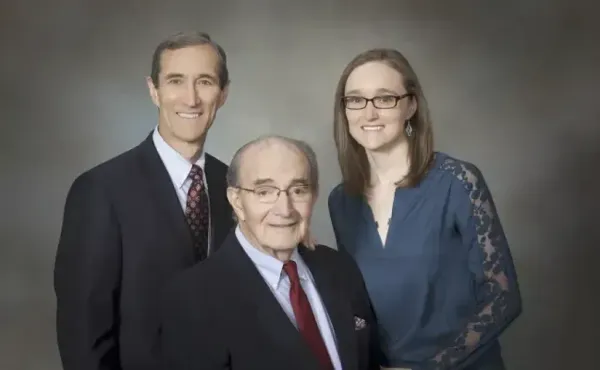
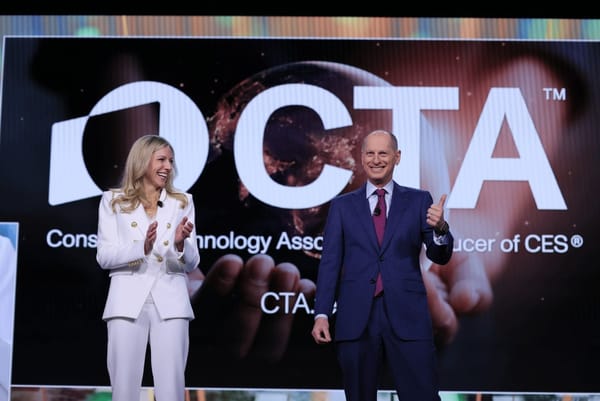
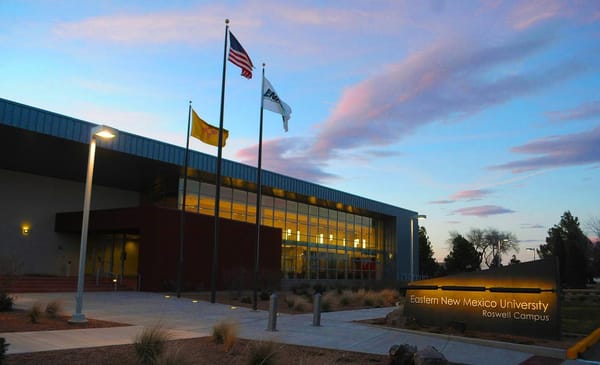



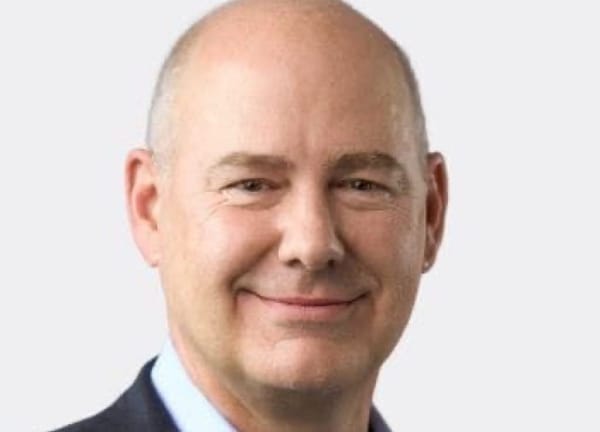
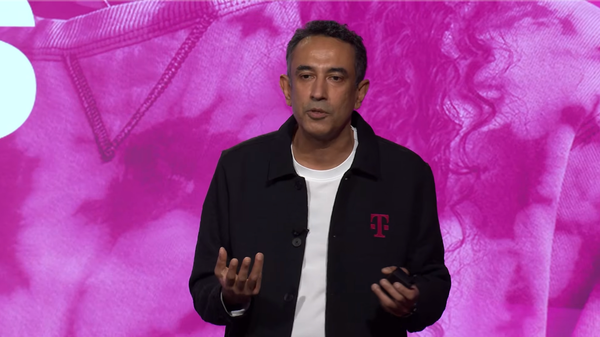
Member discussion